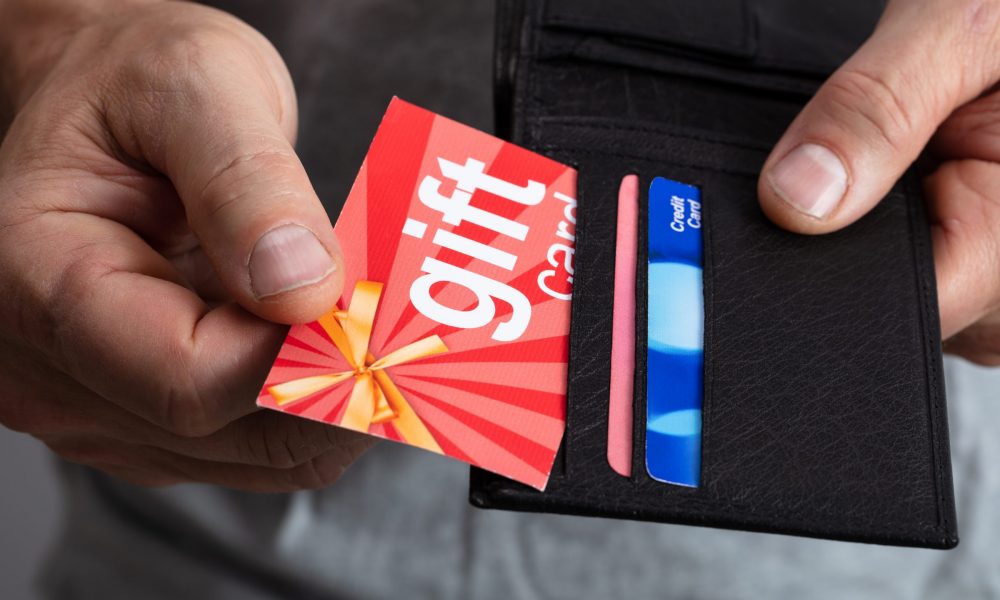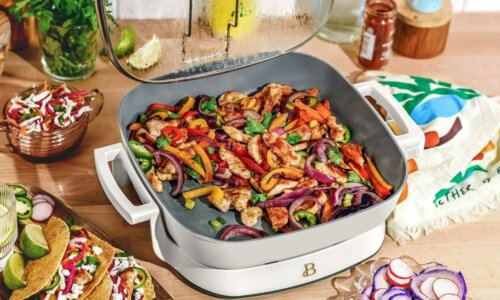Most Americans say they enjoy getting gift cards, but sometimes they go to waste.
According to Credit Summit, nearly $21 billion in gift cards go unspent. That’s as 60% of Americans surveyed said they have at least one unused gift card.
Many Americans surveyed reported not immediately using gift cards because they want to save them for something special or until they need something in particular. Only 19% say they use their gift cards immediately.
Although it might make sense to wait to use a gift card for a special occasion, experts say that might not be a good idea. With inflation at over 6%, as prices go up, gift cards lose their value.
Additionally, gift card recipients run the risk of a company going out of business, or of the gift card getting lost.
“There are many ways the value of them can go to zero,” Peter Harms, professor of management at the University of Alabama, said in a release. “You can lose the card, misplace it, the target business can stop accepting them or go bankrupt. But even if none of those things happen, the current rampant inflation will eat away its value regardless.”
Experts say it’s OK to sell gift cards rather than letting them go to waste.
“My advice, if you receive a gift card, is to treat yourself immediately before you lose the card or forget you have it,” Dorothy Kelly, personal finance lecturer at the University of Virginia McIntire School of Commerce, said in a release. “If possible, add it to your digital wallet, or your online account with that vendor.
“Those two options will make it more likely that you will actually use the entire balance. For givers, I recommend gift cards from well-known retailers that are ubiquitous and have an easy-to-use app which can accept and track electronic gift card balances.”
Although gift cards can lose value, 90% of Americans say they enjoy receiving them. Amazon, restaurant and grocery stores are among the most-liked cards.
“The main advantage of gift cards is that they are easy to purchase,” Steven Meyers, professor of psychology at Roosevelt University, said in a release. “They don’t require special insights into what the recipient may want or need. They are easy to store and deliver, and it reduces the likelihood that the person would need to return an item that they do not like.”
By Justin Boggs, Scripps News.








